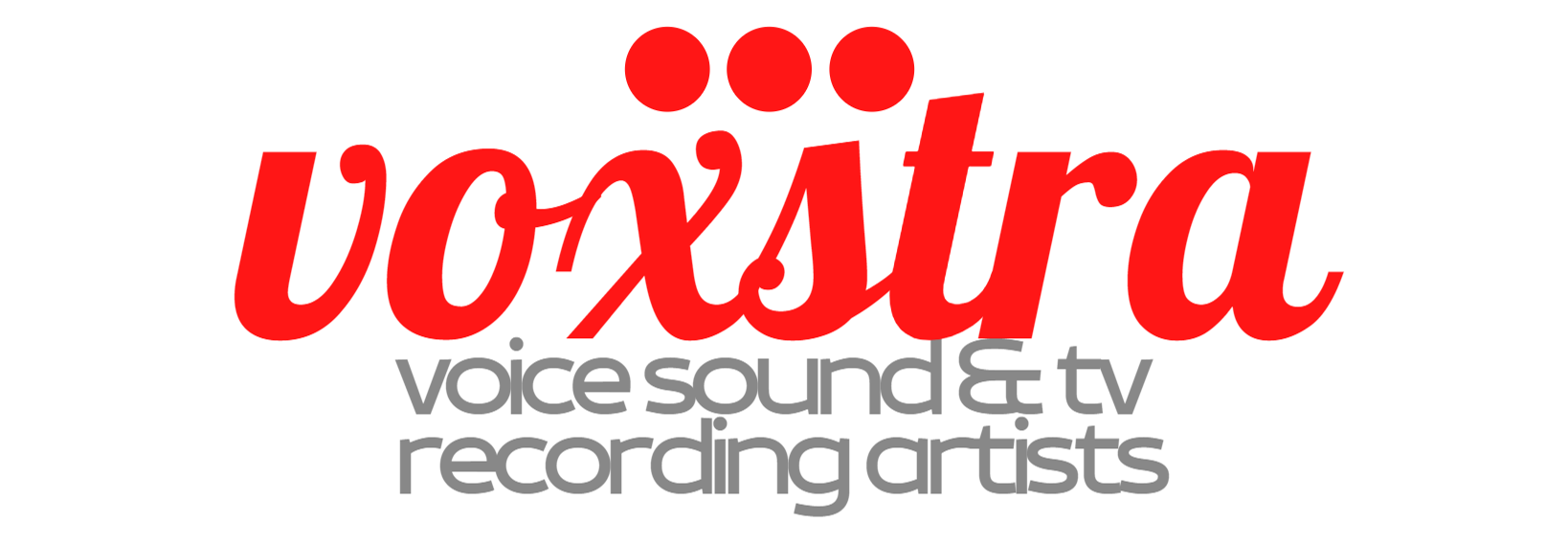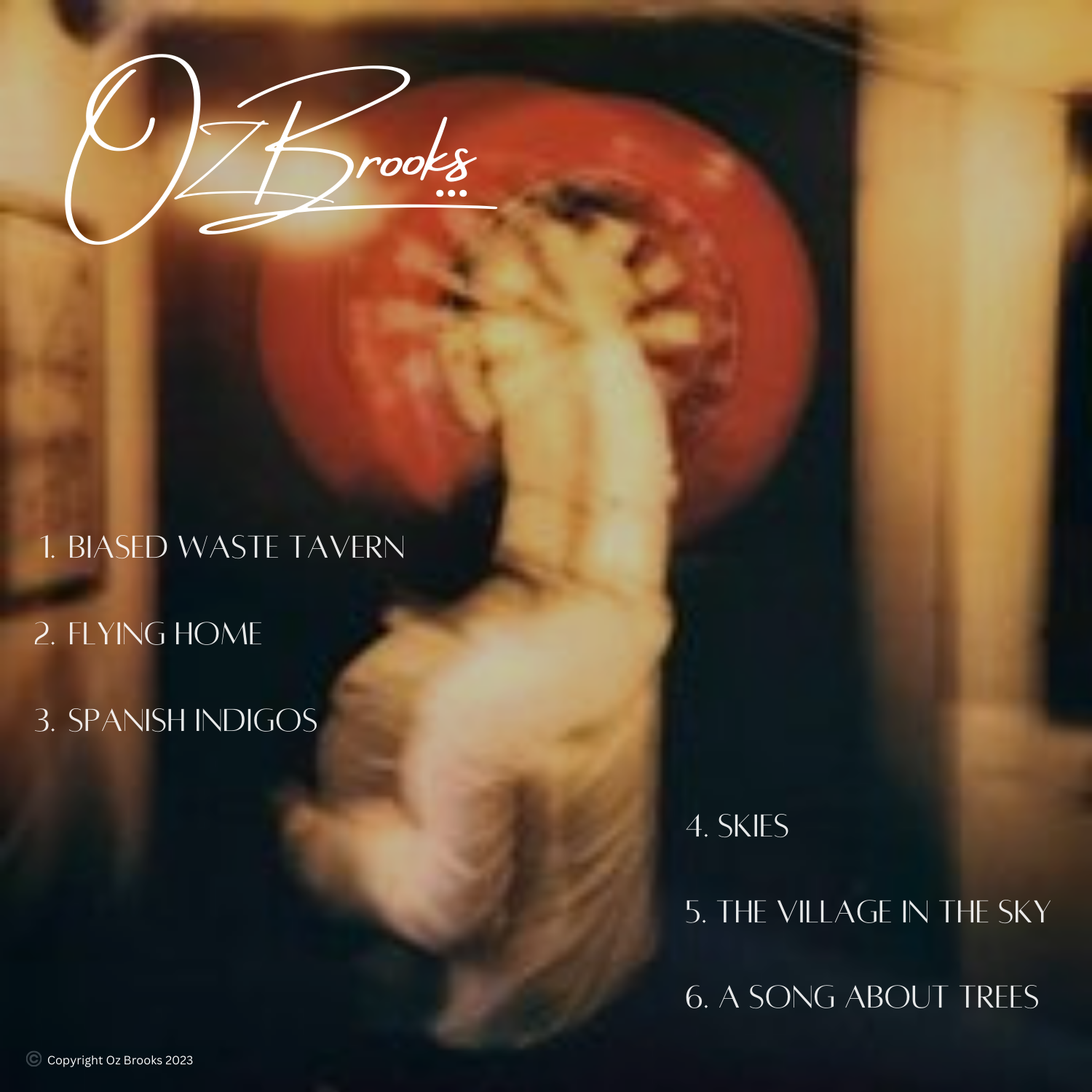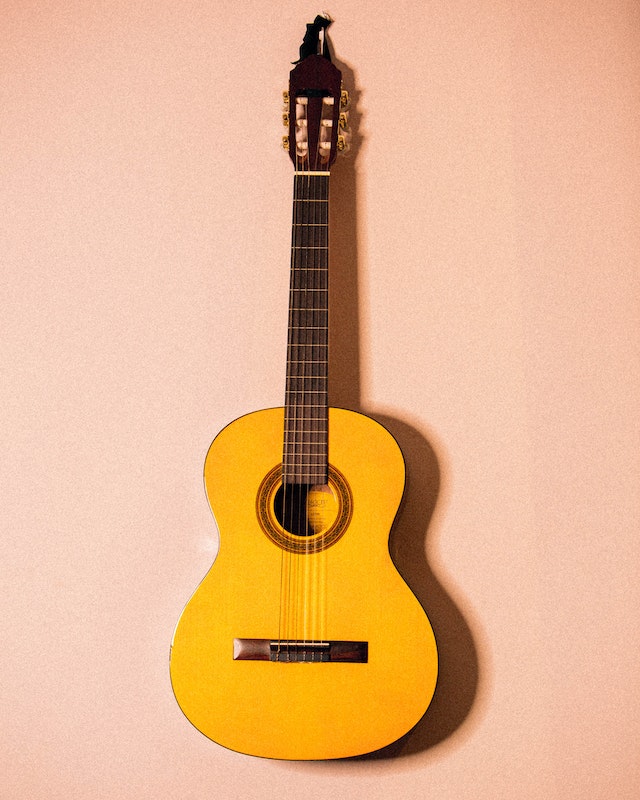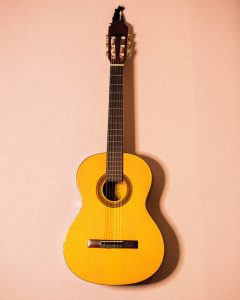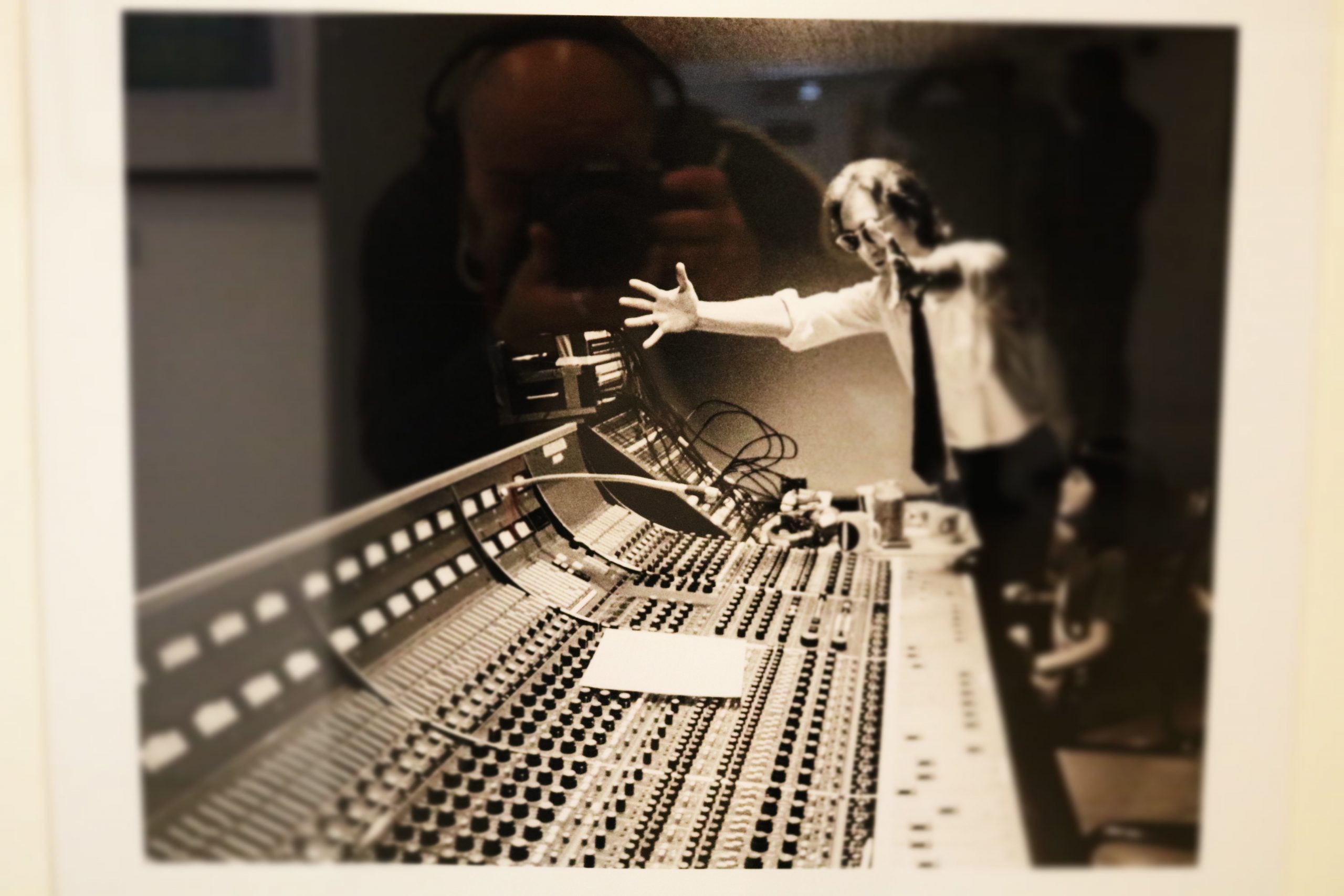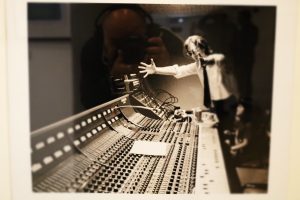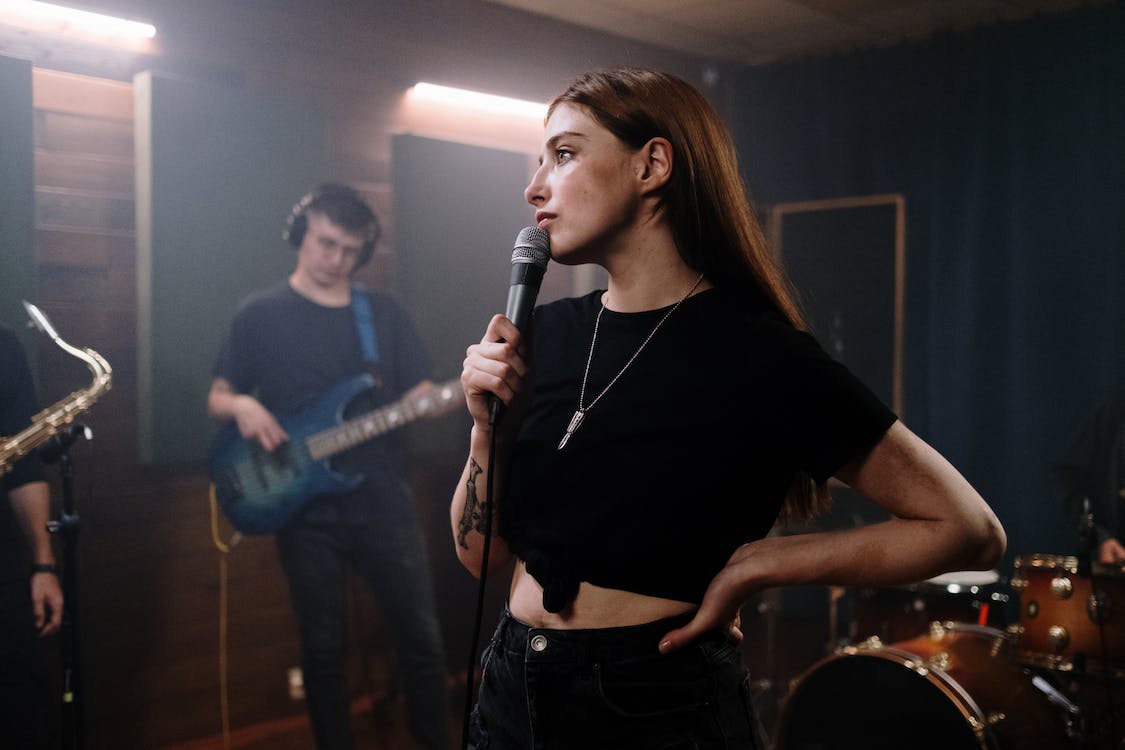Oz Brooks – new musical release – ‘Biased Waste Tavern’
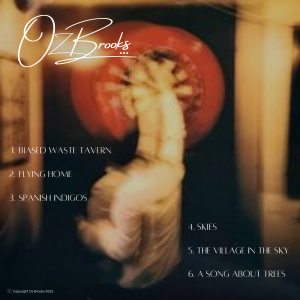 Unveiling Oz Brooks ‘Biased Waste Tavern’: A Journey into Authentic Musical Craftsmanship
Unveiling Oz Brooks ‘Biased Waste Tavern’: A Journey into Authentic Musical Craftsmanship
Greetings music enthusiasts! 🎶
In the heart of the Midlands, Voxstra.co.uk, an independent record label, is introducing their latest artist, Oz Brooks. At just 17 years old, Oz is making waves in the industry with his eclectic EP, ‘Biased Waste Tavern,’ set to release on October 6th.
Following his tenure as the bassist for the rock band Jayler, Oz Brooks decided to venture into a solo career. ‘Biased Waste Tavern’ is a captivating blend of original music, alternative indie rock, acoustic compositions, and some instrumentals, showcasing Oz’s diverse musical palette.
What’s truly impressive is that Oz Brooks is a self-sufficient musician. Every note, every composition, every instrument – he has carefully crafted it all, displaying a level of expertise far beyond his years. As you listen to the EP, you’ll be drawn into the harmonious melodies and soulful rhythms that Oz has masterfully created.
The tracklist promises a journey through Oz’s musical soul:
- BIASED WASTE TAVERN
- FLYING HOME
- SPANISH INDIGOS
- SKIES
- THE VILLAGE IN THE SKY
- A SONG ABOUT TREES
From the evocative tones of ‘BIASED WASTE TAVERN’ to an original blast from of ‘A SONG ABOUT TREES,’ each track is a testament to Oz’s artistic depth and prowess.
Come October 6th, this EP will be available on all major music platforms, including Spotify, iTunes, YouTube Music, Amazon, and Deezer. Mark your calendars and be a part of Oz Brooks’ musical journey.
Let’s share the excitement, for Oz Brooks is the promising face of Voxstra.co.uk, and ‘Biased Waste Tavern’ is just the beginning of what’s to come. Stay tuned for more updates on this rising star and the authentic music he’s set to deliver. He will be also launching a new band ‘Ribbons for Rose’ very soon, keep your eyes peeled for a venue near you.
You can find Oz on Instagram – Oz Brooks on Instagram
@oz_brooks1


